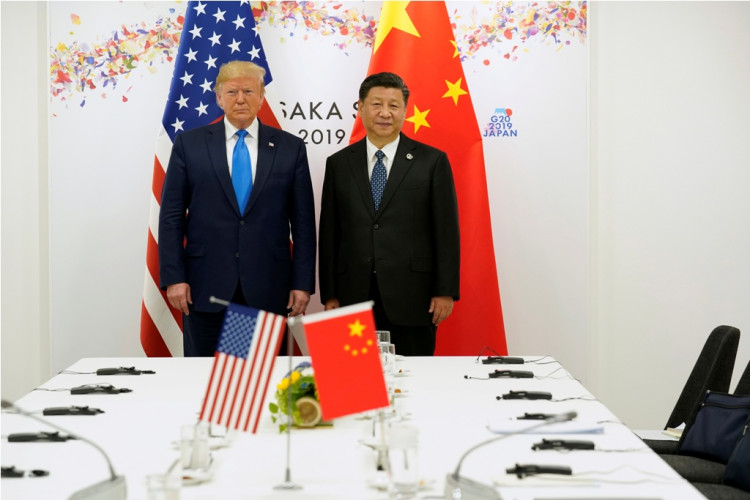A Chinese government official said on Wednesday that Beijing will not back down in the trade war. Vice-President of the Chinese Academy of Macroeconomic Research, Bi Jiyao, said China's slower economic growth will not push the government to concede to U.S. demands.
According to the South China Morning Post, Bi said while speaking in front of American diplomats in New York that his country's weaker economic progress was largely due to Beijing's efforts in slashing overcapacity in the manufacturing sector.
Bi explained that slower data from the second quarter of this year should not be inclined primarily to the China-U.S. trade war. He noted that the United States actually lost more in the dispute.
"The US has lost market share in China. Now you rank as the No 3 trading partner with China, overtaken by the Asean region," Bi said, in what could be the strongest comments yet from a Beijing official ever since Chinese President Xi Jinping and U.S. President Donald Trump agreed to a tariff truce at the G20 Summit last month.
Bi's statements came after Trump said earlier this week that his tariffs are apparently taking effect after China posted 6.2 percent in growth for Q2 2019, its slowest advancement rate yet in at least 27 years.
Earlier on Wednesday, the Chinese government called on the White House to "make up its mind" regarding a trade deal. The call to action was made shortly after Trump hinted on Tuesday that he may push through with the third round of tariffs on Chinese products.
In response to Trump's change of heart following his agreement with Xi to hold off on tariff duties, Foreign Ministry spokesperson Geng Shuang said additional tax duties from the U.S. would create "new obstacles" in reaching the highly anticipated yet elusive China-U.S. trade deal.
Geng stressed that Beijing's negotiating party has always been "sincere" about resolving the trade dispute. However, Geng said Washington should also show "determination and perseverance" if it really wants to reach an agreement.
Some economists said the lukewarm stance of the U.S. and Trump's changing statements could further push away a trade deal that could see both sides benefiting from a stable flow of exchange in various sectors.
It is unclear how the two sides will resolve the existing major issue that needs prompt attention: Beijing wants clear details on Trump's reprieve of his Huawei ban while Washington wants more agriculture purchases from China.
Furthermore, some industry analysts pointed out that the trade war may be costing the U.S. more than it should be saving since American farmers are still complaining about the tariffs.





